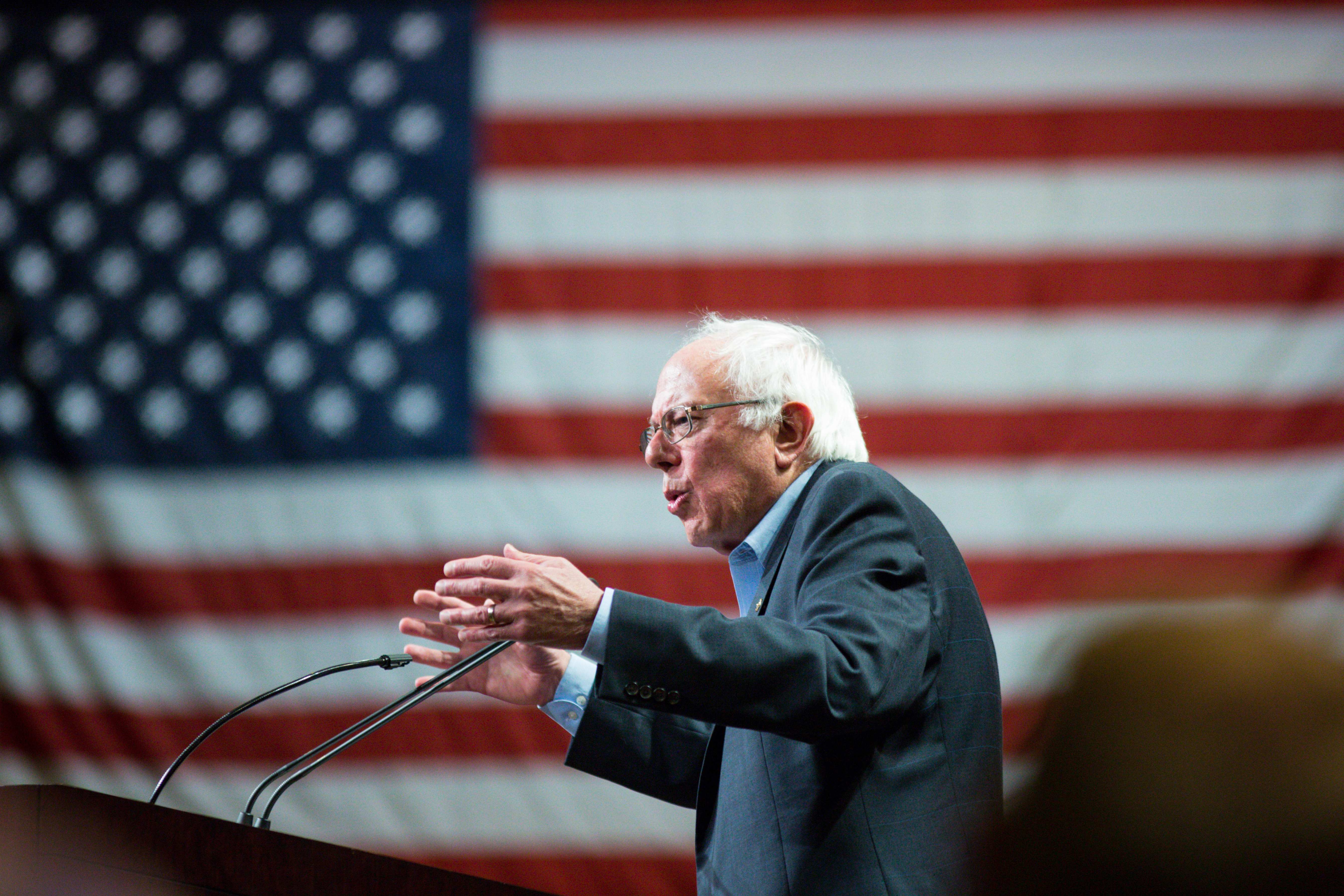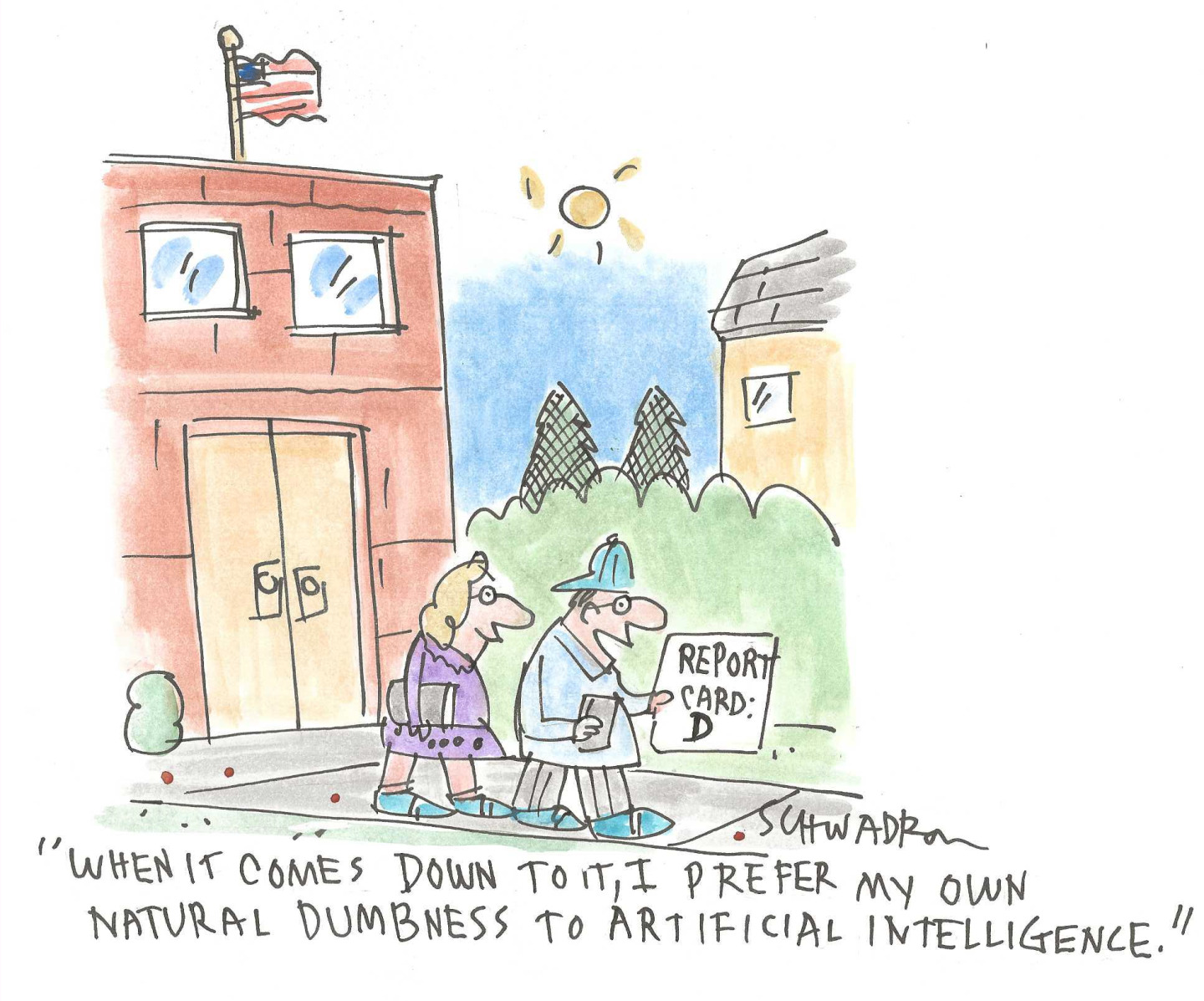Why Bernie Sanders' radical economic ideas could be disastrous for America
The socialist senator from Vermont wants to balloon government spending by trillions. It can't all come from taxing the rich.


Bernie Sanders might not be quite the lefty radical that new U.K. Labour leader Jeremy Corbyn is, but the socialist senator from Vermont still really wants to embiggen American government. Maybe make the good 'ol US of A more like France, or Scandinavia. Indeed, when ABC's George Stephanopoulos asked Sanders about Republicans attacking him for wanting the U.S. to look more Nordic, Sanders replied: "That's right. What's wrong with that?"
Well, a lot.
Among the items on the Democratic presidential candidate's pricey wish list: Medicare for everybody, expanded Social Security, improved national infrastructure, free public college, and paid leave fund for workers. Add them all up, as The Wall Street Journal has, and it comes out to at least $18 trillion in new spending over a decade. That's nearly $2 trillion more a year, when current annual federal spending is $3.8 trillion. And that massive total doesn't include Sanders' universal preschool plan, which is still in the works. That could easily be another $100 billion over a decade.
Subscribe to The Week
Escape your echo chamber. Get the facts behind the news, plus analysis from multiple perspectives.

Sign up for The Week's Free Newsletters
From our morning news briefing to a weekly Good News Newsletter, get the best of The Week delivered directly to your inbox.
From our morning news briefing to a weekly Good News Newsletter, get the best of The Week delivered directly to your inbox.
Do the math another way: Annual federal spending has averaged between 20 and 21 percent of GDP for the past four decades. The Sanders spending-palooza would tack on another 10 percentage points, pushing total federal spending to at least 30 percent of GDP. Like, immediately. To place that number in context, the worried wonks over at the Congressional Budget Office are alarmed that federal spending is on trend to hit 25 percent of GDP by 2040.
Can America, its federal debt having doubled since 2007, afford such a spending splurge? Political scientist Lane Kenworthy — like Sanders, a self-described "social democrat" — thinks we can. In his 2014 book, Social Democratic America, he outlines a plan similar to Sanders', one that would boost federal spending by about 50 percent. Kenworthy notes that right before the Great Recession, total U.S. government spending at all levels totaled 37 percent of GDP. The Sanders/Kenworthy plans would boost that number to about the same as that in France, Sweden, and Denmark.
Just as Republicans tend to be a bit fuzzy on how they would pay for their tax cuts, Sanders has yet to outline a plan to fully pay for his proposals. He's mused about a 90 percent tax rate on the rich — but the 1 percent aren't going to pay for everything Sanders wants. If you want to spend like Europe, you also need to tax like Europe, and that means a value-added tax, which Kenworthy concedes. "Adding a national consumption tax could get us halfway there and adjustments would take us the rest of the way," he writes.
So these big-spending plans would also require a big middle-class tax hike. And keep in mind that the higher taxes would merely pay for new spending, not do anything about whittling down the historically high national debt.
Even more important, these tax hikes and expanded government programs could affect U.S. economic growth and slow the rise of American living standards. We know that Europe's brand of capitalism seems to come at a price: less economic dynamism. The U.S. economy produces far more fast-growth tech startups than Europe. And the American "unicorns" (startups valued at more than $1 billion) tend to be larger beasts. According to a study by a U.K. investment bank, the cumulative value of all European unicorns created since 2000 is less than half the value of Facebook. We cannot all be like the French or Scandinavians, as economists Daron Acemoglu, James Robinson, and Thierry Verdier have put it: "Their cuddly capitalism... depends in part on the knowledge spillovers" created by American competitive capitalism.
Sanders, although dominating the early nominating states of Iowa and New Hampshire, is still unlikely to be the Democratic nominee. But his ideas about inequality, fairness, and redistribution are where the energy in the party seems to be. Labour just chose a politically and economically calamitous direction. Democrats hopefully won't echo that mistake.
Sign up for Today's Best Articles in your inbox
A free daily email with the biggest news stories of the day – and the best features from TheWeek.com
James Pethokoukis is the DeWitt Wallace Fellow at the American Enterprise Institute where he runs the AEIdeas blog. He has also written for The New York Times, National Review, Commentary, The Weekly Standard, and other places.
-
 Today's political cartoons - May 10, 2025
Today's political cartoons - May 10, 2025Cartoons Saturday's cartoons - artificial intelligence, cryptocurrency, and more
-
 5 streetwise cartoons about defunding PBS
5 streetwise cartoons about defunding PBSCartoons Artists take on immigrant puppets, defense spending, and more
-
 Dark chocolate macadamia cookies recipe
Dark chocolate macadamia cookies recipeThe Week Recommends These one-bowl cookies will melt in your mouth
-
 The JFK files: the truth at last?
The JFK files: the truth at last?In The Spotlight More than 64,000 previously classified documents relating the 1963 assassination of John F. Kennedy have been released by the Trump administration
-
 'Seriously, not literally': how should the world take Donald Trump?
'Seriously, not literally': how should the world take Donald Trump?Today's big question White House rhetoric and reality look likely to become increasingly blurred
-
 Will Trump's 'madman' strategy pay off?
Will Trump's 'madman' strategy pay off?Today's Big Question Incoming US president likes to seem unpredictable but, this time round, world leaders could be wise to his playbook
-
 Democrats vs. Republicans: who are the billionaires backing?
Democrats vs. Republicans: who are the billionaires backing?The Explainer Younger tech titans join 'boys' club throwing money and support' behind President Trump, while older plutocrats quietly rebuke new administration
-
 US election: where things stand with one week to go
US election: where things stand with one week to goThe Explainer Harris' lead in the polls has been narrowing in Trump's favour, but her campaign remains 'cautiously optimistic'
-
 Is Trump okay?
Is Trump okay?Today's Big Question Former president's mental fitness and alleged cognitive decline firmly back in the spotlight after 'bizarre' town hall event
-
 The life and times of Kamala Harris
The life and times of Kamala HarrisThe Explainer The vice-president is narrowly leading the race to become the next US president. How did she get to where she is now?
-
 Will 'weirdly civil' VP debate move dial in US election?
Will 'weirdly civil' VP debate move dial in US election?Today's Big Question 'Diametrically opposed' candidates showed 'a lot of commonality' on some issues, but offered competing visions for America's future and democracy